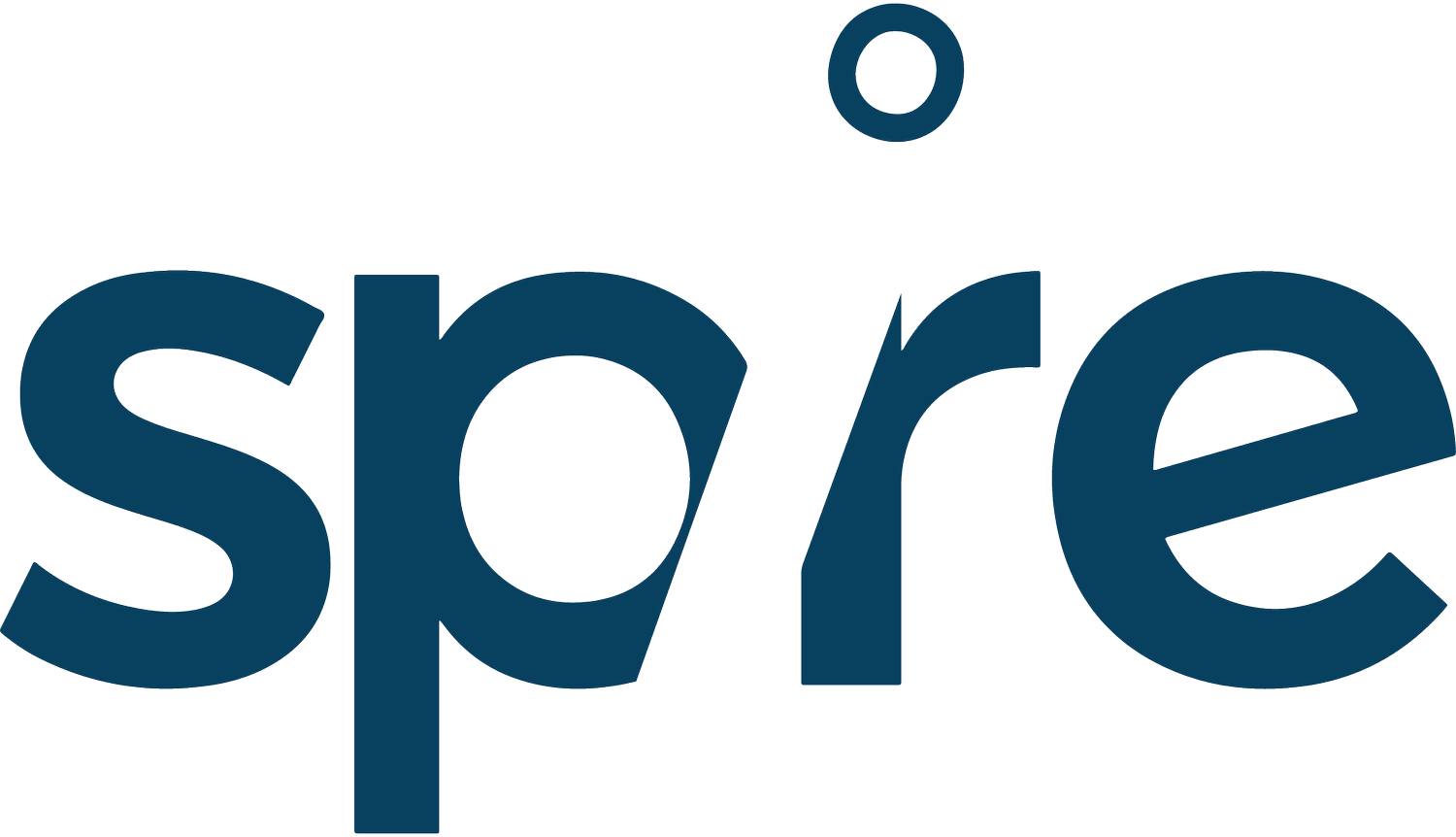How To Know If You're Working With The Right Recruiter
Sourcing a recruiter that fits the brand/becomes a true extension of your brand, brings service after they’ve placed a candidate, and one that stays connected takes time to find.
Also, if you’re coming to the table as the candidate working with a recruiter, there are a few best practices and questions to keep handy in vetting the right person to work with.
So, we’ve compiled some thoughts on working with a recruiter in both settings.
The Client
Know the Recruiter’s Background
Understand where they come from and why they can make a difference for you. Just because someone says they have “worked in recruiting” doesn’t make them a one-size-fits-all
References - Check a specific reference that will give you insight into the position they will be working to fill for you
Bonus: Ask the recruiter to provide references where a position was filled and where a position wasn’t filled. It’s good to understand how they’ve handled different outcomes/instances.
Culture
Make sure they are digging deep into your company’s culture to understand what makes you different. Do they know the right fit for you as they are sourcing? Can they communicate this back to you with ease?
Fulfilling Self-Imposed Deadlines
Oftentimes you’ll find recruiters who over-promise. Thus, hold your recruiter accountable. Make sure they are following up on their deadlines
Are they just “billing and filling?” Understand if they are setting the right expectations for your needs
Service After The Sale
Do they follow up after a candidate has been placed? This person is an extension of your brand and you want to make sure they communicate your company/brand ideals throughout the process
What was the experience from the candidate’s side? Get an idea from your candidates who work with your recruiter and see what their experience was
The Candidate
If you’re in the seat of working with a recruiter as your intermediary to a hiring manager, there several things to keep in check. Just like from the company side, a recruiter becomes an extension of your personal brand. Make this your checklist for the recruiter you want to work with next:
“Why The Call?”
Do they have a reason? Make sure they aren’t just sifting through resumes (i.e. Billing & Filling) to see if you’re interested. Put them to the test and see if they know more about you and your work history
"How Did You Find Me?”
A good recruiter should be using the right tools to source candidates. If they find you through genuine research, this will rise to the top. This is a great first question to ask from your seat for any recruiter
Detailed Questions?
Are they asking detailed questions about your background and experience? They should essentially know your resume as well as you do. If they have a key interest in your work experience, they shouldn’t make you repeat your past work experience verbatim
“Can You Explain The Role?”
You’ll want to hear about the role in their words. What does it entail? Can they tell you about the day-to-day? What are the KPIs?
Key Questions:
Is this position a backfill?
Why is the position open?
Are They Helping You Along The Way?
How often is a recruiter checking in on you? Are they giving you regular updates and checking in even if there isn’t any major progress or movement? Working with a recruiter who cares more about your personal well-being goes a long way.
Resume Advice - Giving Feedback On The Bad & Good
A recruiter who helps you prepare for the position at hand will give you the good, bad, and the ugly. If your recruiter isn’t giving you any feedback — both positive and where improvements can be found, then you’ve got some room to grow
One major thought: See if your recruiter can help you with your resume by offering advice on how to “write the best resume” for the position they are working on.
Working with a recruiter from both sides of the coin can take some forethought. Keep these lists in mind the next time you’re on either side working with a recruiter.
